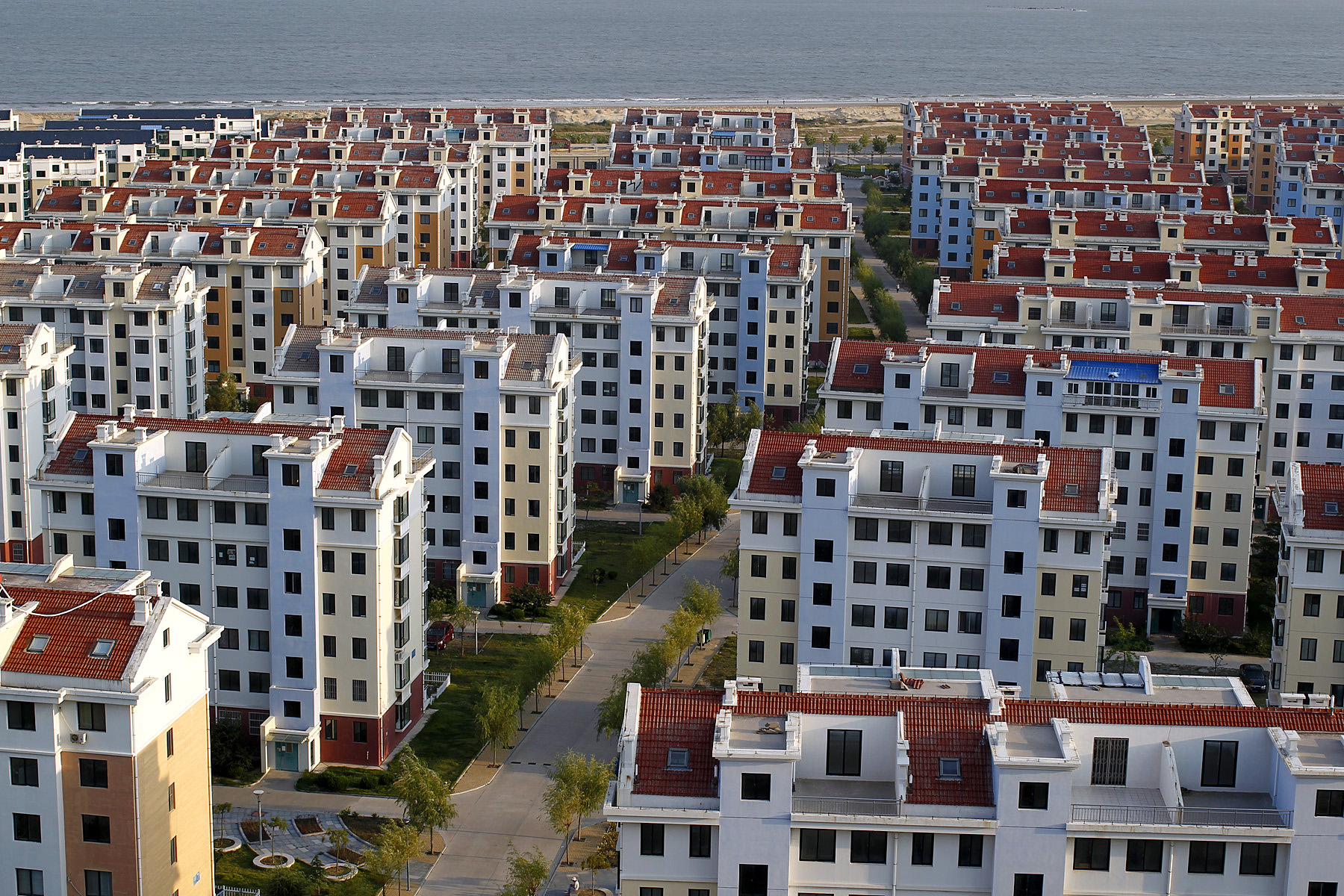 Chinese Communist Party’s (CCP) attempts to rescue the struggling property sector in China involve a risky plan that may exacerbate the existing problems. The CCP’s plan calls for local governments to use debt to buy unsold homes at inflated prices, and then sell or rent them out at below-market prices. While this may seem like a solution, it merely postpones the inevitable reckoning in the real estate sector.
Chinese Communist Party’s (CCP) attempts to rescue the struggling property sector in China involve a risky plan that may exacerbate the existing problems. The CCP’s plan calls for local governments to use debt to buy unsold homes at inflated prices, and then sell or rent them out at below-market prices. While this may seem like a solution, it merely postpones the inevitable reckoning in the real estate sector.
One of the main concerns with this plan is that it adds more debt to an already mounting debt crisis. China’s stock markets have already lost $6 trillion in value over the past three years due to economic downturn and concerns over debt and overcapacity in the property sector. Even if there is a temporary rise in the stock market after the announcement of the rescue plan, it does not guarantee a long-term solution or recovery.
Furthermore, the plan diverts tax revenues to private developers, saving them from bankruptcy but perpetuating the problem of overbuilding. The property sector already suffers from oversupply, while many young people cannot afford to buy an apartment. This affordability issue has contributed to China’s aging crisis, as young people delay getting married and starting families due to their inability to buy a home.
A comparison can be made between China’s property sector and that of the West, particularly the United States. While young people in the West also struggle with high housing prices, there is no oversupply of homes. If demand were to decrease in the West, housing prices would naturally adjust to meet that demand. However, in China, government intervention prevents prices from falling to meet market demand.
Beijing has several reasons for wanting to maintain high housing prices. Firstly, developers in China are heavily indebted and a drop in property prices could trigger defaults and a banking crisis. Additionally, the real estate sector accounts for a significant portion of China’s GDP. A significant loss of value in the property market would result in a noticeable decline in GDP growth, which is something China wants to avoid, especially considering suspicions that the country’s GDP growth claims have been inflated.
Not only does the CCP’s plan fail to solve the real estate crisis, but it also adds to China’s already staggering debt. The People’s Bank of China is preparing a $42 billion fund to support the purchase of unsold properties, further increasing the country’s debt-to-GDP ratio, which is already over 286 percent.
In conclusion, while the CCP’s rescue plan for the property sector may provide short-term relief and boost stock markets, it is not a sustainable solution. It perpetuates the problems of debt and overcapacity while hindering market forces from naturally adjusting prices to meet demand. It also adds to China’s mounting debt, further jeopardizing the country’s economic stability.

